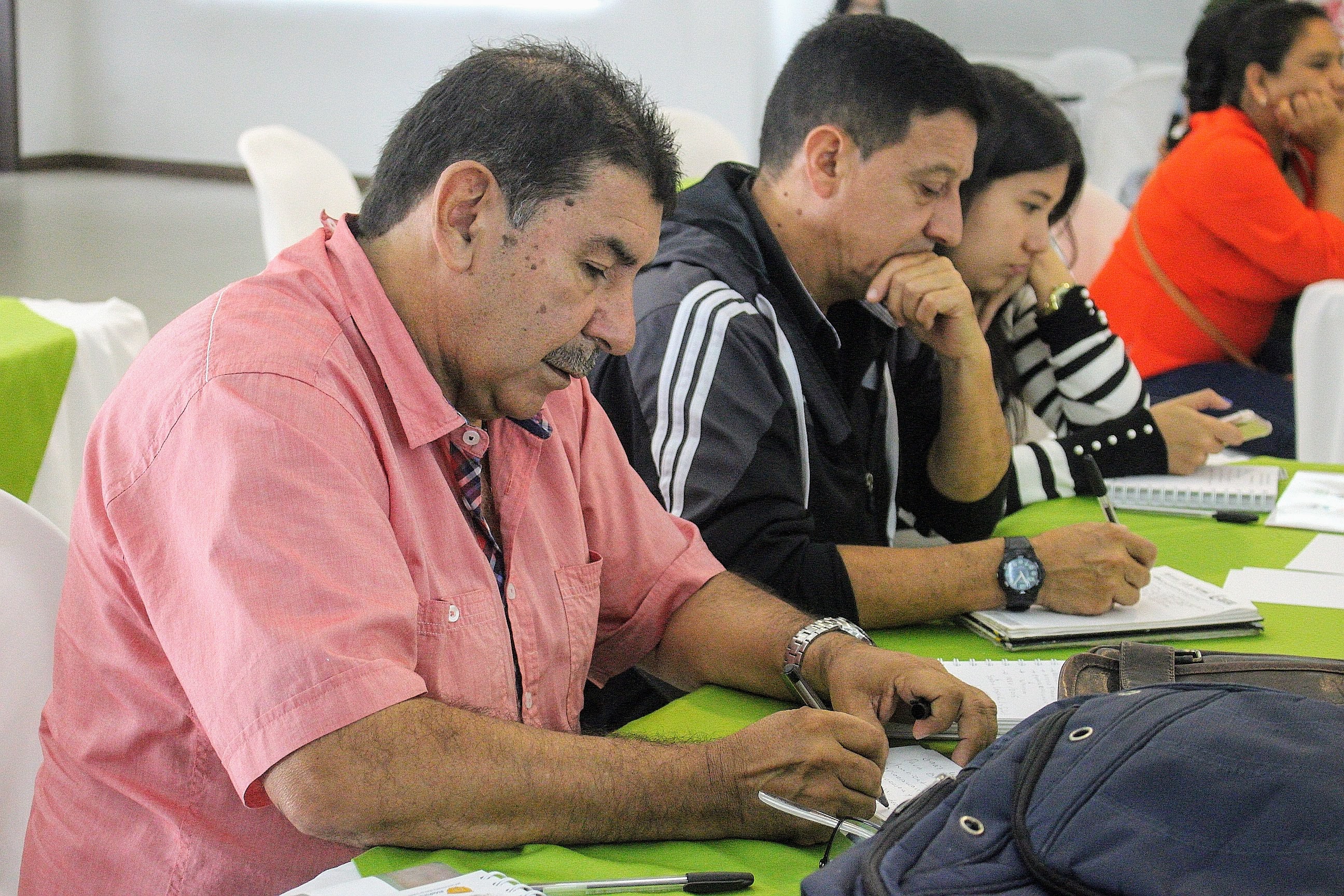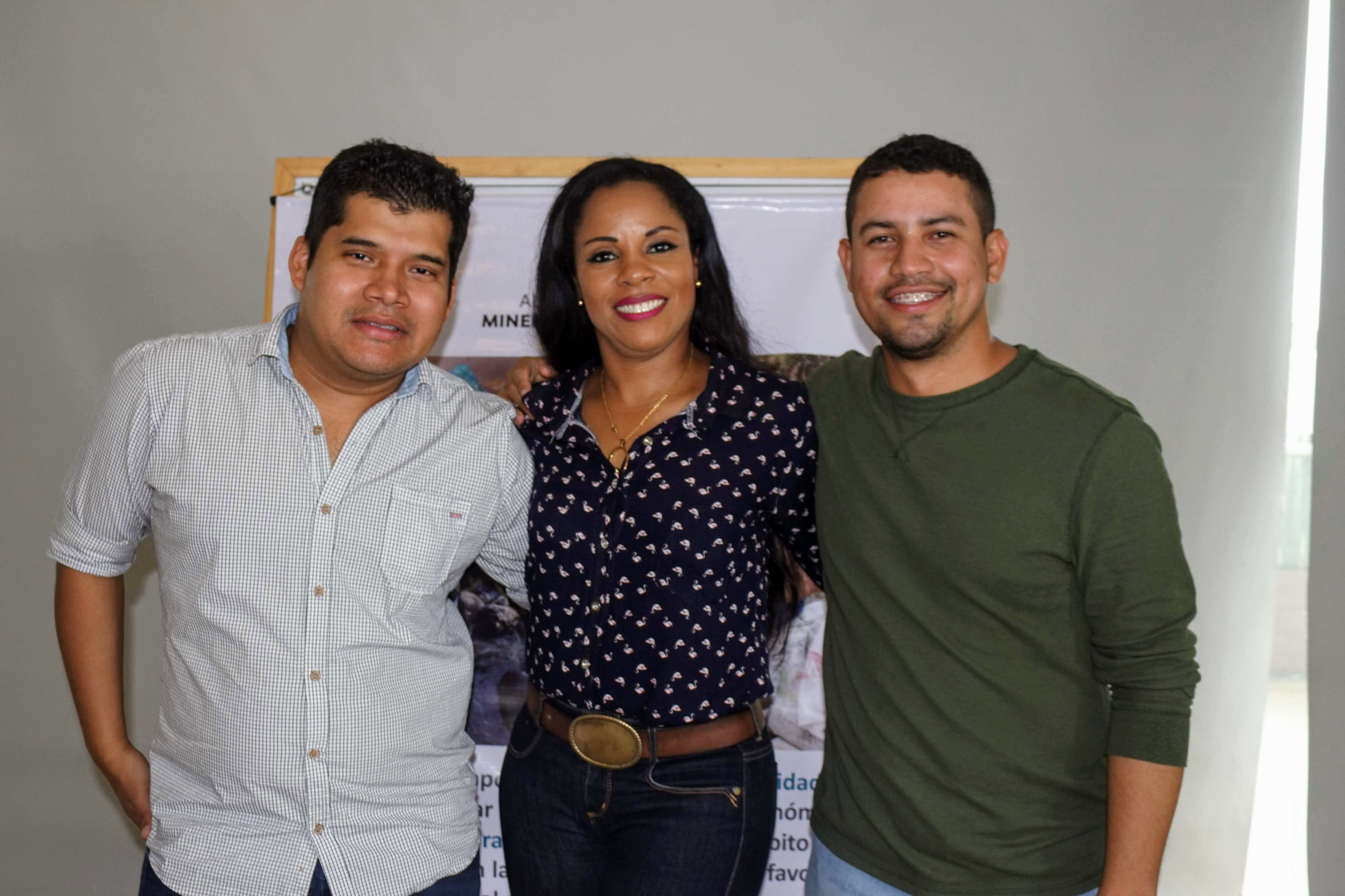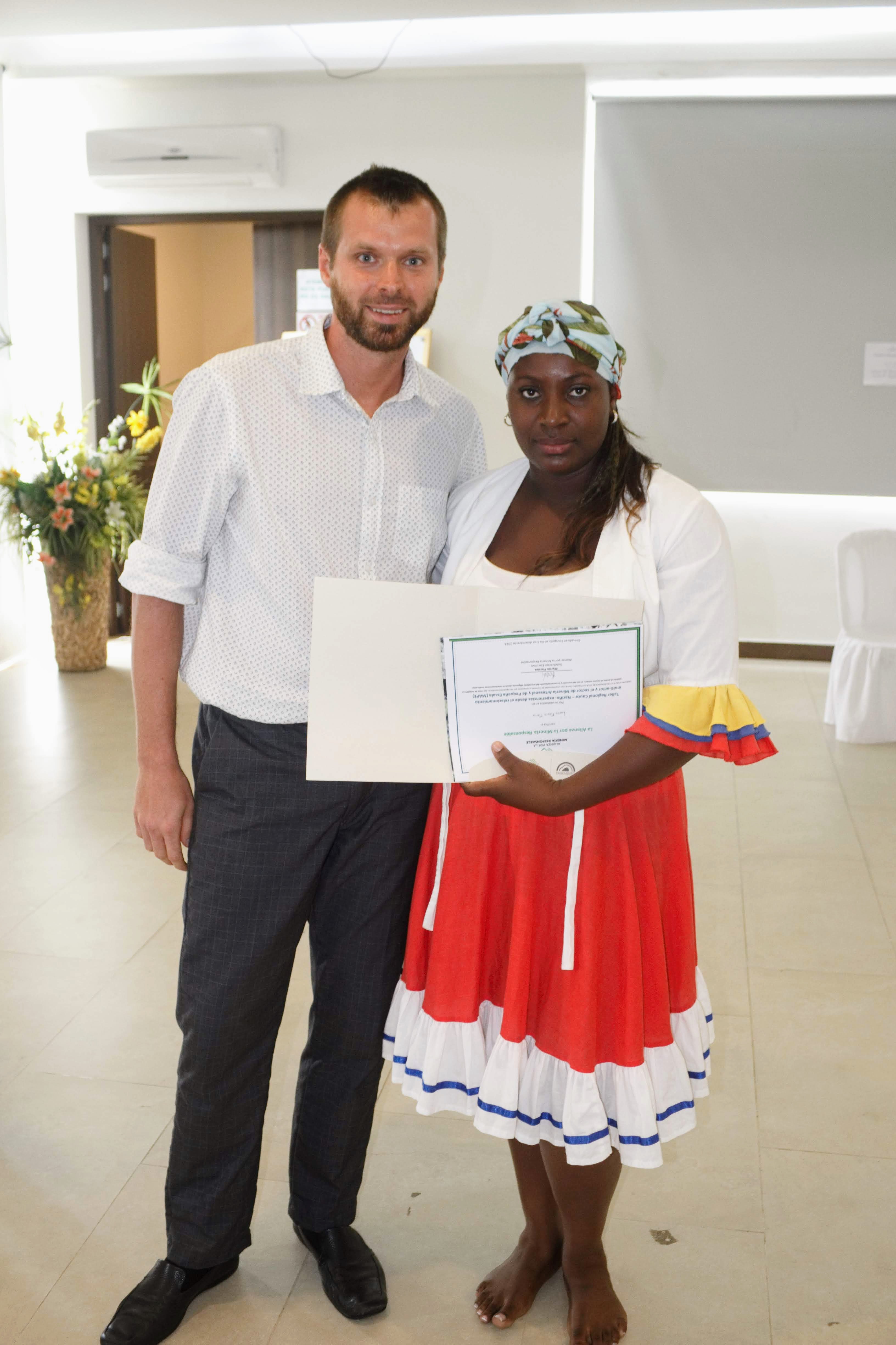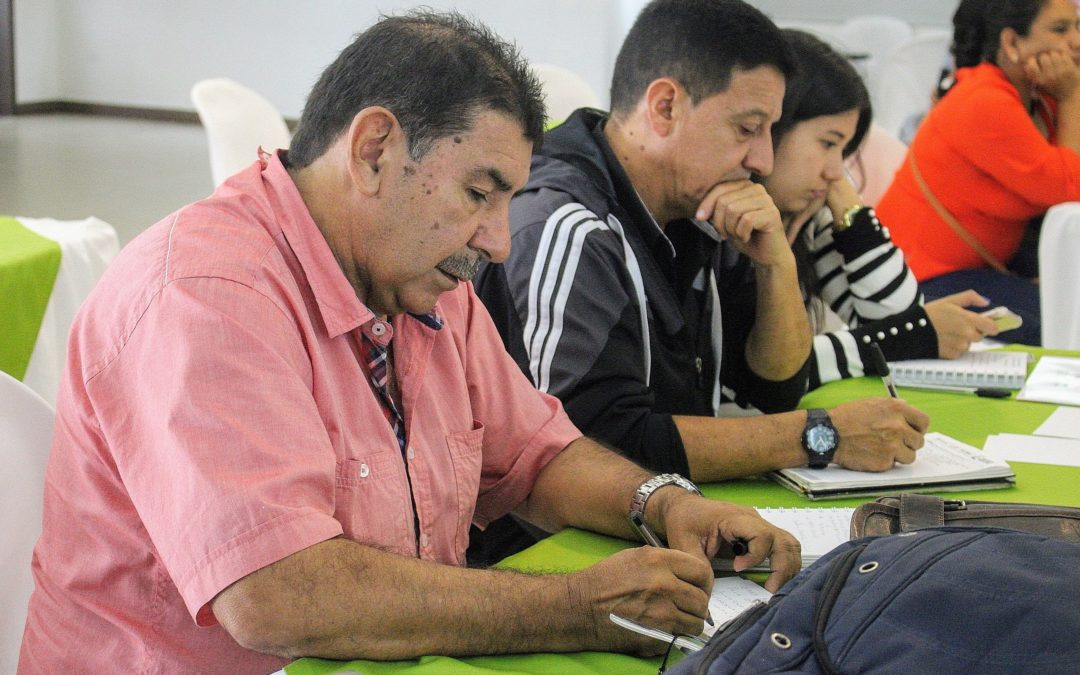Angela Mesa article (January 2019)
A proposed agenda for the sector in Colombia
In an event for dialogue and regional participation that we organized at the Alliance for Responsible Mining (ARM) to get together with different stakeholders with whom we had been working with in Colombia (Cauca and Nariño regions), we built an agenda aimed at giving more visibility to artisanal and small-scale mining. This agenda was created based on the accomplishments, challenges and learnings that we identified throughout a year through the relationship with multiple stakeholders.

[1] Colombian regional authority responsible for managing the environment and renewable natural resources, and seek the sustainable development of the country.
Thanks to the debate and participation of attendees – miners, institutions and universities from the Cauca, Antioquia and Nariño[1] departments, we noticed the need to expand issues related with challenges, in order to create specific proposals for improving the sector. This agenda was built by people who live in different working and personal conditions. Its creation was a great challenge that demanded constant spaces for dialogue, which in this case were provided by a non-profit organization (international cooperation) such as ARM. It was important for these spaces to take place within a sufficiently long period, in order to respect the times and processes of the various stakeholders, thereby generating the intended trust and knowledge.
Starting from the consensus that there is an urgent need for a regulations that specifically govern subsistence and small-scale mining, several proposals were prioritized through a regional dialogue that involved participative methodologies:
Environmental aspects and consultation of ethnical communities
During these meetings, we identified that one of the existing barriers to formalization is complying with the environmental requirements established in the law, since they are costly and do not fit the context of ASM. Then, a proposal emerged to simplify the processes for artisanal and small-scale miners, without this implying a non-fulfillment of the requirements of sustainability and responsibility in mining. This simplification implies the creation by each Regional Autonomous Corporation of their own reference terms, outlining specific environmental requirements based on those established by the National Authority of Environmental Licenses and the mining-environmental guidelines of the Ministry of the Environment.


In addition, the needs and context of ASM in their region, as well as the specific conditions of miners, their families, their associations, the type of material being exploited and the way in which it is exploited would also be taken into account. These new terms should also be created based on consultation with the ethnical communities, so that their particular vision on the region and development can be included.
Elimination of the use of mercury
Among the alternatives to comply with the law on the elimination of the use of mercury[2], a problem was identified, which was the lack of information in relation to the way in which a transition from the use of mercury to environmentally sustainable alternatives can be accomplished. For this reason, during the workshop, it was decided to create a plan for the replacement of the use of mercury through the implementation of clean technologies, adapted to the mineral, economic and cultural conditions of mining sites. It was considered that this plan would have to implement training and miner awareness strategies in relation to the impact of mercury on health, the environment and the community. Furthermore, facilitating an inter-institutional effort for the promotion of avenues of funding in the path toward a responsible mining.
[2] Law 1658 of 2013
Financial inclusion and commercialization
By discussing different mining experiences and talks, we saw the importance of adapt current mineral export laws to the realities of small-scale miners, taking into consideration their financial and technical limitations, through an inter-institutional effort that guaranteed that all government organizations knew the sector. In this regard, it is worth noting that smalls-scale miners’ ability to export, in addition to being a right, is a mechanism that has the ability to implement a public control on gold traceability.


Furthermore, we believe that it is necessary to facilitate the dialogue between the Ministry of Mines, Asobancaria [3] and the financial institutions to mutually learn about each sector: the mining sector, with its dynamics, and what is necessary to demonstrate transparency in its operations; and the financial sector, to understand its concerns and the way in which a middle ground can be found between them and the needs of miners. And also to raise awareness among both public and private officials in relation to the dynamics of the ASM sector when it comes to the implementation of good practices in collaboration with ARM, with the purpose of reduce stigmatization.
[3] It is the representative guild of the financial sector in Colombia.
Access to mining resources
In relation to the access to mining resources, we debated on the fact that formalization mechanisms fall short when it comes to apply them in the ASM sector, which is why there is a need to strengthen current formalization figures, offering more information about its benefits to facilitate access by both major mining companies and ASM miners, with the purpose of promoting lawfulness in the sector. In this regard, we saw the need to raise awareness, train, mediate and encourage dialogues that include the needs of small-scale and major miners.
These, and other proposals that emerged in this space, are composed of two major issues: the need for institutional efforts toward supporting and sustaining an action plan in relation to the recommendations that were brought forward; and gender focus as a social requirement in ASM regulations, to identify gaps and seek equality in the performance of the activity. All of this needs to be encouraged as part of participatory and dialogue processes in which the mining community is heard and taken into account when making decisions that affect it.
This exercise, which took place in Colombia, is a basis on which to exemplify how the priorities of the artisanal and small-scale mining sector can be collaboratively defined from dialogue and listening to the needs of excluded communities. The ARM foundation’s experience demonstrated that miners feel highly motivated to improve their activity when they find that their proposals are acknowledged and that they are backed by institutions that, instead of judging them, aim to build by strengthening the foundations. The methodology of these spaces for dialogue was developed in collaboration with the participants, who stated how they felt more comfortable to express their ideas. This exercise for dialogue and participation in the sector, whose conclusions I summarized in this article, is an invitation for the collective construction of a more responsible mining sector, from planning all the way to implementation.

—-
Ángela María Mesa González, lawyer of the Universidad Pontificia Bolivariana, with emphasis in the area of Human Rights. Currently, Governance officer in Alliance for Responsible Mining.

